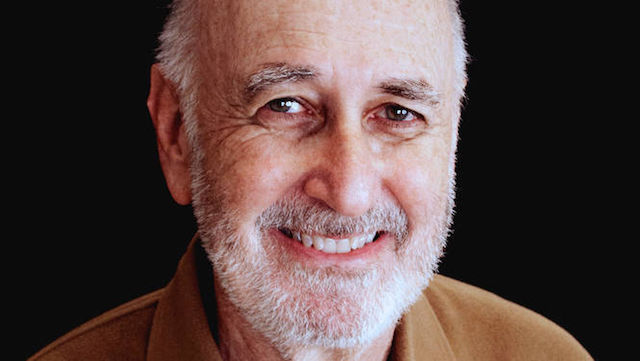Mauricio Salvador: Taking into account that your readers already know your face, your hands and your penis, when writing a personal essay do you tend to see yourself as a character?
Philip Lopate: I do indeed see myself as a character, and have even written a short essay about the practice of autobiographical nonfiction called “On the Necessity of Turning Oneself Into a Character,” It amuses me to see myself from a detached perspective. My character changes from piece to piece–sometimes more cheerful, sometimes more grumpy and cantankerous, sometimes more democratic, sometimes more aesthetically elitist–but always there is this central core of self that remains pretty constant, Lopatean.
MS: In your view, how works “honesty” in terms of literary craftsmanship? It does exists something like “literary honesty”?
PL: I think honesty is both real and a literary construct. One is honest when one tries to get to the bottom of what one thinks and feels about an event, and when one presents the facts of the event as they happened, without distortions. But of course any writing, including nonfiction, involves so much selectivity that there is bound to be some distortion. To be human is to rationalize and be defensive. Where technique comes in is in the tone of voice that assures the reader that the author is trying to level with him or her. For instance the author can say “Frankly” or “It goes without saying that…” or “It must be admitted that…” Those verbal tics that signal honesty, frankness or candor can be orchestrated; and I’m happy to do so.
MS: You have written memoir, a genre that have greatly succeeded commercially in the last years. What do you think of those memoirs like The Year of Magical Thinking or A Heartbreaking Work of Staggering Genius whose commercial success is based on a traumatic event. Do we have an ethic dillema here?
PL: I don’t think the problem with trauma memoirs is ethical so much as artistic. I thought both the memoirs you mentioned were not entirely successful. The Year of Magical Thinking managed to convey the numbness and disorientation of the grief state, but I also felt Didion was not being candid enough about her husband or her daughter–too much was being left out, glazed over, in the service of that numbness. Had she waited a few years more, she might have had more distance and perspective. As for the Dave Eggers memoir, I was riveted for about the first hundred pages, when his parents were dying, and then began to lose interest when he had run out of family deaths and had no more traumas to offer us; the book became a tale of young people hanging out, which seemed much more trivial to me.
MS: What was the best lesson that you learned from your years as a colleague and friend of Donald Barthelme?
PL: I learned the distinction between friendship and collegiality. I had the latter relationship with Don, but not the former. Also, I can’t say I learned this from Barthelme, but as a writer his combination of playfulness and melancholy reaffirmed my affection for those traits, as I had learned earlier from my beloved Machado de Assis and Italo Svevo.
MS: Did you know David Foster Wallace? How did you feel about his death?
PL: I did not know him personally. I felt sad when he died, as with any major talent cut short, and a little dismayed by the way he has been made into a saint and martyr for younger writers ever since: the Kurt Cobain of literature.
MS: Do you have a personal martial arts hero?
PL: I’m afraid I don’t know much about martial arts.
MS: I remember this question in one of Barthelme stories: Is the bicycle dead? What do you think? Do you like bycicles?
PL: I do like bicycles and used to ride one all around town. Now I walk everywhere. The bicycle is making a major comeback in New York, Paris, and other cities.
MS: Thank you very much.
PL: Thank you!
nació en 1979. Vive en la ciudad de México.

0 Replies to “Is the bicycle dead? Entrevista con phillip lopate”